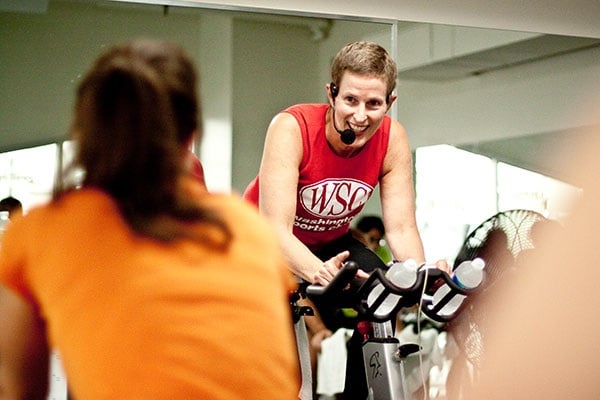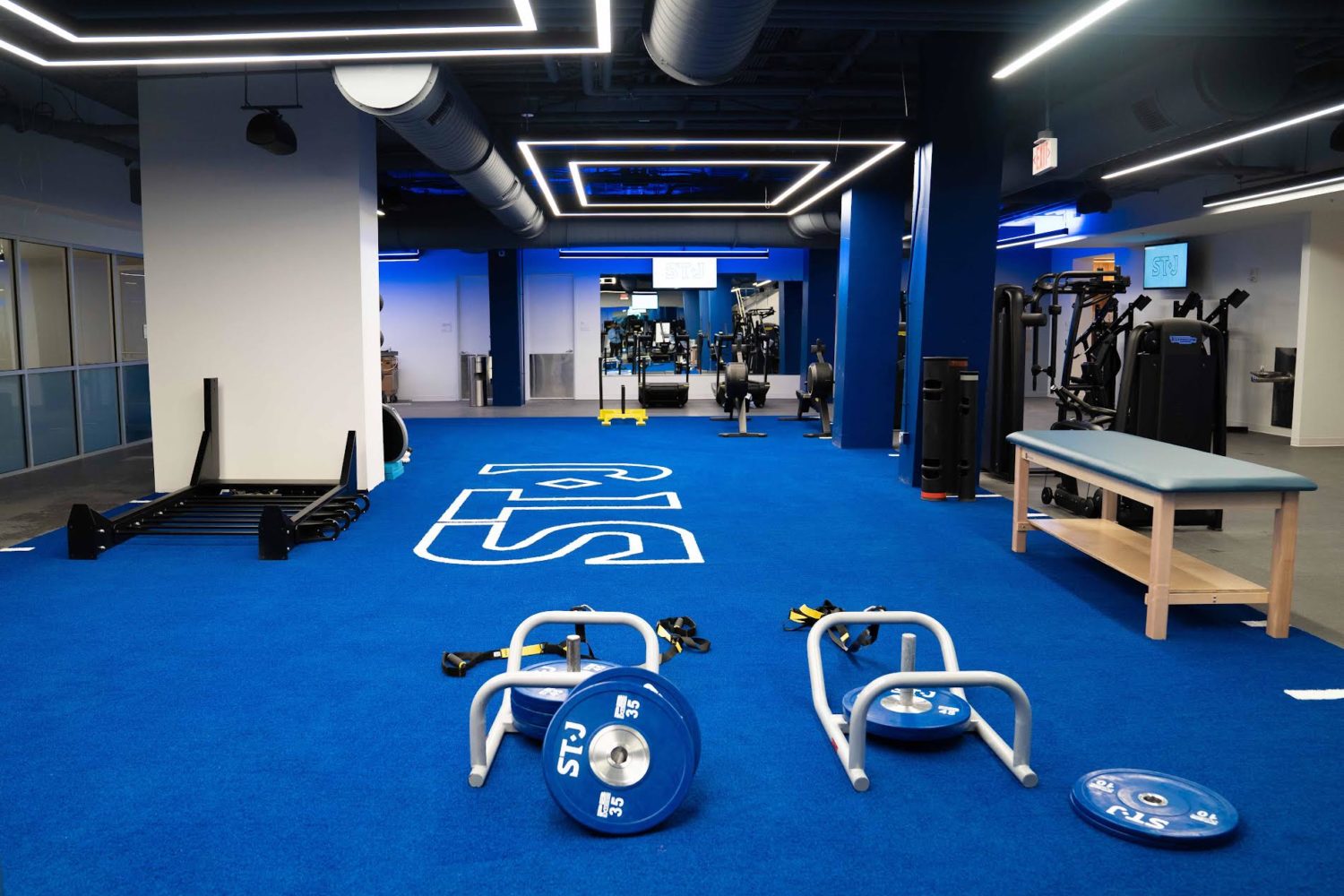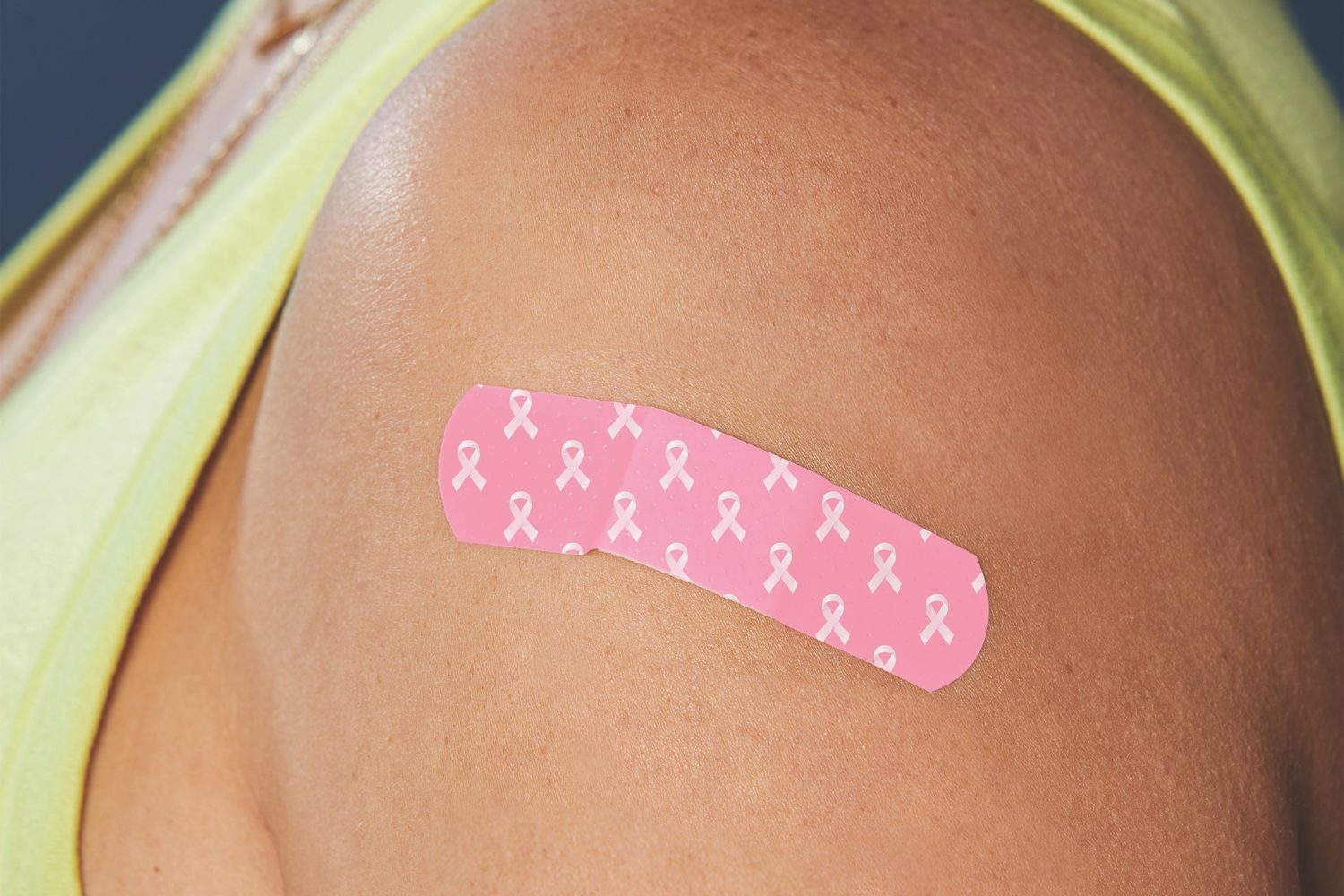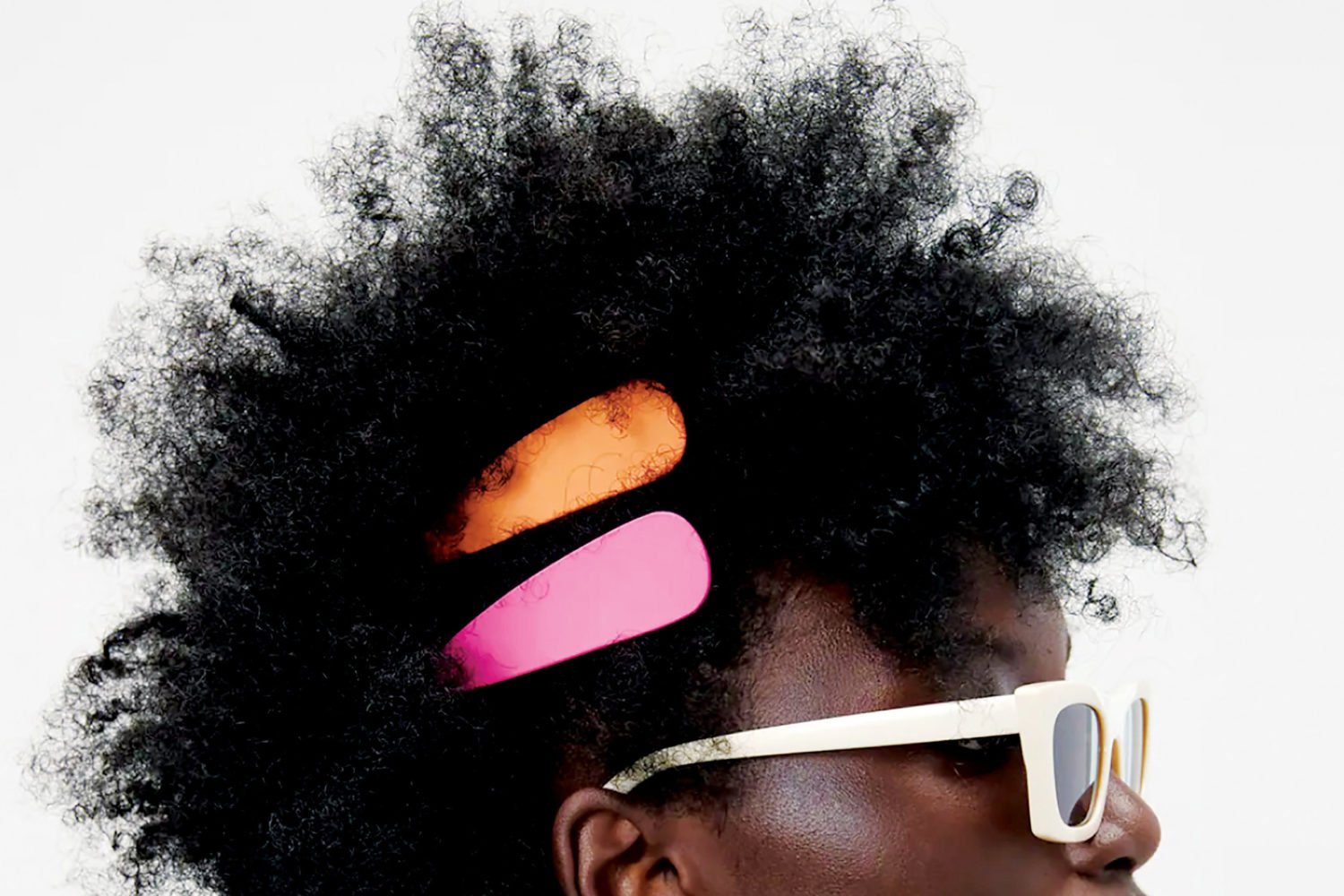Mary Dolbashian’s April 2008 mammogram came back negative—she was clear, everything looked normal. But that’s what made the discovery of Stage III breast cancer a year later all the more shocking: “If they’d found it in 2008, I probably wouldn’t have lost my right breast.”
Dolbashian was 54 years old when she found a lump last year. She was the picture of fitness and health. An avid athlete all her life, including a stint as a body builder, Dolbashian had recently become a certified spinning instructor and was teaching several classes a week at the Washington Sports Club in DC’s Dupont Circle. On top of that, she ran a hair salon in Woodley Park and was on her feet for hours a day, yet she felt stronger, healthier, and more vivacious than ever before. It was a relief to learn that the lump was benign.
But a few months later, another lump showed up. “They said the exact same thing: that it’s not cancer, and if it wasn’t bothering me to leave it alone,” she says. Dolbashian’s gynecologist had recommended a biopsy—“just to be sure,” she says—but doctors said her 25-year-old breast implants posed risks; they were afraid a biopsy might cause a rupture.
“At this point, I was just obsessed with these lumps,” she says. “One of them was huge—and growing.”
Dolbashian made an appointment with a surgeon, who found something the others had missed—a swollen lymph node. Three days later, after the lump on her breast was biopsied, she was given the bad news: She had advanced Stage III breast cancer.
“I felt a rush that went straight to the top of my head. I had this overwhelming sense of upset,” she says. “But then it just went away, and it was like, you have to do what you have to do.”
Part of what she had to do was keep spinning. While Dolbashian had bounced from doctor to doctor for months, she’d maintained a rigorous workout schedule that included teaching four spinning classes a week. She wasn’t about to give it up—not even for cancer.
On December 7, 2009, Dolbashian underwent surgery to remove her right breast. The surgery was painful—much worse than when she got implants, she says—but she was back on her bike a month later, just one day after her first chemotherapy treatment (doctors discovered cancer in her chest wall, which hadn’t been caught during surgery). She started off slow, spinning for an hour by herself at the gym. Thanks to the steroids she was on as part of her treatment, she didn’t feel much pain. But when the drugs wore off, she crashed: “I was in misery. It was the worst pain I have ever felt in my life.”
This was the cycle Dolbashian would face for the next three months: a few feel-good days after chemo and then a week or two of utter pain. Her doctor had warned her that chemotherapy completely deconditions your body, reducing even the best athletes to a state of near-total atrophy. Dolbashian wanted to fight back, so she began teaching spinning classes again—twice a week for two weeks, then a week of rest.
“I don’t know how I got there sometimes; I was so tired and I ached all over. I had no eyebrows, no hair,” she says. “But every single time I taught a spinning class, I felt better afterward—physically, emotionally.”
It paid off. In May, she underwent a PET scan to search for lingering cancer cells. The test came back negative—she was cancer-free.
Now Dolbashian is back in the saddle at full tilt, teaching six—it’ll be seven in November—spinning classes a week. And two of them are for women undergoing breast-cancer treatment. She had the idea for the classes in the summer and, with the help of Washington Sports Club in Dupont Circle, got the program off the ground in September.
The one-hour sessions include 35 minutes on the bike and 25 minutes of stretching and core workouts—both key elements in recovering from surgery and strengthening your body. Classes are Tuesday and Friday at 8 AM, and they’re free for anyone—even nonmembers—who are undergoing breast-cancer treatment. So far, there are four regular participants; the class has space for up to 20.
Dolbashian is having surgery to reconstruct her right breast this Friday, but, true to form, she’ll be teaching the breast-cancer spinning class that morning and plans to be back in the gym bright and early Tuesday.
“People need this—they need to get started with the rest of their lives,” she says. “For me, it made a huge difference in my recovery. I firmly believe it saved my life.”



















